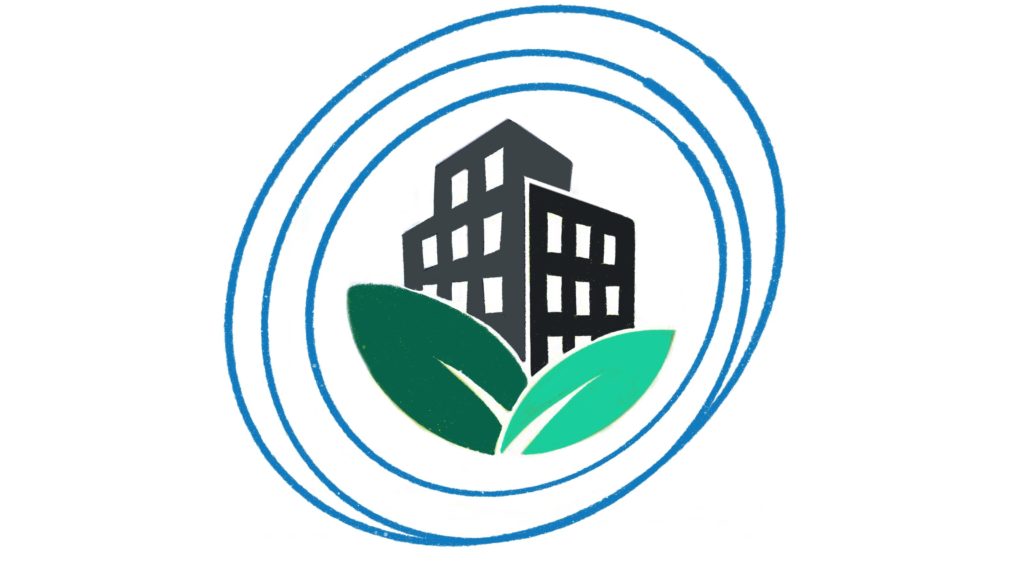Millennials are a generation that is the hottest topic of conversation at any real estate event: How do we cater to them? How do we market to them? How do we retain them? – are all questions that are top of mind. Why? Because Millennials make up the largest portion of the world population and understanding this massive generation’s values can provide a wealth of knowledge when proactively configuring ways to meet their needs and wants.
Millennials are the first generation to have grown up in a socially conscious world where climate change is a serious and impending subject. Studies show that 79% of millennial employees are loyal to companies that care about their effect on society. With that said, how can this be translated into the multifamily space and how can property owners and operators implement the right technology to not only gratify residents but to also make an impact? Here we will take a look at various sustainability themes where startups are working to make a difference.
H2O Sensors: Studies show that there is excessive waste due to water leaks in the US. For example, water leaks from homes in the US can exceed 1 trillion gallons of water in a year. Water damage accounts for $1 billion in insured losses annually for homeowners and renters, with claims averaging more than $10,000 each. As a property owner, these numbers are alarming, especially when water usage/damage can but overlooked and undetected. Today’s evolving technology provides owners with the ability to detect leaks and over-usage in real time. Smart sensors and shut off valves allow management to be both proactive and reactive, saving a great deal of money/consumption annually. Spotlighting the use of this technology through marketing outlets will leave residents feeling confident in where they choose to reside.
Energy monitoring: According to the National Academy of Engineering, 40 percent of the United States’ total energy is consumed by 81 million single-family houses, 25 million multifamily residences, seven million mobile homes and 75 billion square feet of commercial floor space. New technologies are providing operators the ability to gather valuable data to understand and measure energy usage. Additionally, installing automated thermostats provides resident’s personalized control that adds a level of accountability that they desire for their own consumption.
Solar: In an effort to reduce greenhouse gases California is the first state to implement a solar-energy mandate that calls for installations on multi-family residential buildings up to three stories. While solar is not a new concept, perfecting its value and ability to perform is. Innovation in this space is impressive, with new technology that allows for precise tracking of the sun, panels that are becoming more efficient, further reducing electricity bills, increasing the value of a property and reducing overall impact on the environment. Adding this green element is highly appealing to residents and can be utilized when attracting or retaining them.
The conscious effort to make an impact and change the narrative is one in which the millennial generation, and those to follow, feel strongly about. We know that change needs to happen, and it needs to happen now. Taking the necessary steps to create this change can appear to be challenging, but with disruptive technologies in this space, the multifamily industry should take note and implement modifications where possible, not only to provide peace of mind to their residents but to ensure their footprint is making an impactful contribution.

